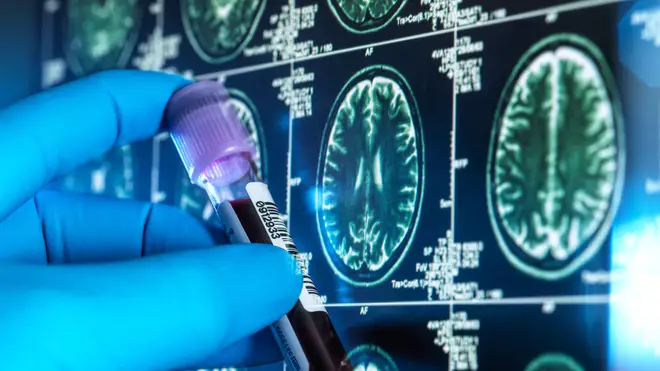
Iain Dale 7pm - 10pm
10 August 2021, 11:00 | Updated: 25 July 2023, 11:52

Trials are set to begin on an artificial intelligence (AI) system that could diagnose dementia after just one brain scan.
Around 500 patients are expected to take part in the first year of trials at Addenbrooke's Hospital in Cambridge as well as other memory clinics across the country.
Brain scans will be compared among those who suspect they may have dementia and those who have already been diagnosed.
An algorithm will then be used to detect patterns in the scans that expert neurologists cannot identify.
Scientists have said discovering the symptoms earlier could help them intervene and slow the disease's progression as soon as possible.
It could also help ensure patients have more information on their situation at an earlier stage.
Read more: NHS workers facing 'exhaustion' due to 'vicious circle' of staff shortages
Read more: Baroness Dido Harding to step down from NHS Improvement role later this year

NHS organiser warns of squeeze being put on health
Dr Laura Phipps, from Alzheimer's Research UK, said: "To diagnose dementia today, doctors need to rely on the interpretation of brain scans and cognitive tests, often over a period of time.
"Machine learning models such as those being developed by Prof Kourtzi could give doctors greater confidence in interpreting scans, leading to a more accurate diagnosis for patients.
"We hope that, in future, such approaches will not only improve how current diagnostic techniques are implemented but open the door to revolutionary new approaches to detect the diseases that cause dementia much earlier.
"This would have a huge impact on people with dementia and their families."
The charity has said predictions from 2014 estimated that one million people in the UK would have dementia by 2025, doubling to two million by 2050.
More than 850,000 people in the UK are currently thought to have dementia, according to the NHS.
The condition affects one in 14 people over the age of 65 and one in six people aged over 80.